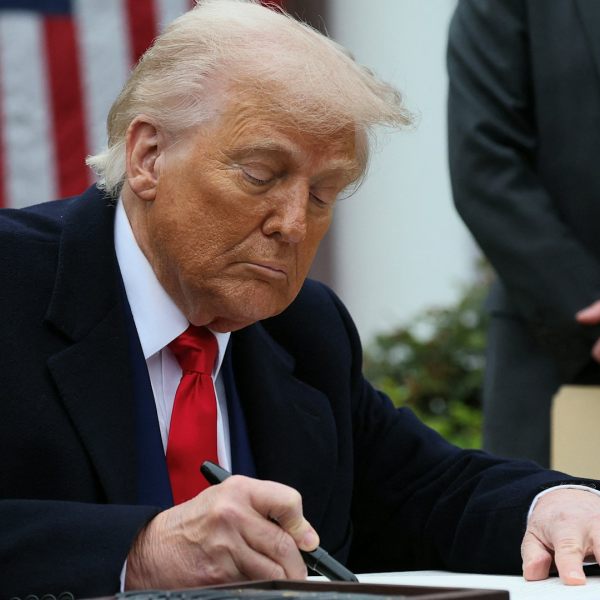New York proposes cryptocurrency tax to fund education
- Project foresees 0,2% tax on crypto transactions
- Resource will be allocated to school programs
- Measure follows global trend of cryptocurrency taxation
New York State Legislators presented a bill which creates a 0,2% excise tax on the sale or transfer of digital assets, including Bitcoin and Ethereum, scheduled to begin in September. The proposal, filed with the State Assembly on August 13, mandates that the proceeds be directed toward expanding substance abuse prevention and intervention programs in schools in the northern part of the state.
The bill establishes that both individuals and companies that mediate cryptocurrency transactions will be responsible for collecting the tax. If approved, the legislation will place New York among the jurisdictions that have already implemented or are studying ways to tax transactions involving digital assets, aligning with the trend of increased revenue generation through the cryptoeconomy.
The measure comes amid a global movement to strengthen oversight of the cryptocurrency market. In India, authorities identified approximately $72 million in undeclared income associated with digital asset transactions and issued more than 44 notices to individuals and legal entities. The goal, according to the Indian government, is to promote greater transparency and strengthen tax compliance.
In the UK, starting in 2026, digital asset service providers will be required to report customer transaction information to the HMRC. This requirement is part of a broader plan to increase oversight and control over financial transactions in the sector.
Tax experts warn that the current market rally could increase tax liabilities for investors and traders. With Bitcoin and Ethereum hitting new highs recently, interest in the sector has increased considerably.
According to Lee Murphy, managing director of The Accountancy Partnership, there's still a common misconception that cryptocurrencies fall into a "gray area" when it comes to taxation. He emphasizes that digital assets should be treated like any other taxable investment, with taxes levied on sales, exchanges, purchases, and donations.
Disclaimer: The content of this article solely reflects the author's opinion and does not represent the platform in any capacity. This article is not intended to serve as a reference for making investment decisions.
You may also like
The Next "Black Swan": "Tariff Refund Mega Deal", Wall Street and Individual Investors Are Placing Bets
Individual investors are participating in this game through emerging prediction markets such as Kalshi and Polymarket.

Since the U.S. legislation in July, stablecoin usage has surged by 70%!
After the "Genius Act" was passed in the United States, stablecoin payment volumes surged, with August transactions exceeding 10 billion USD. Nearly two-thirds of this amount came from inter-company transfers, making it the main driving force.

BlackRock Shifts $500 Million Funds to Polygon Network
In Brief BlackRock transfers $500 million to Polygon, enhancing blockchain integration in finance. The move shows increased trust in blockchain-based financial structures. It indicates a trend towards decentralization and long-term structural change in finance.

XRP Eyes $27 Target After Breakout Confirms Multi-Year Bullish Pattern

